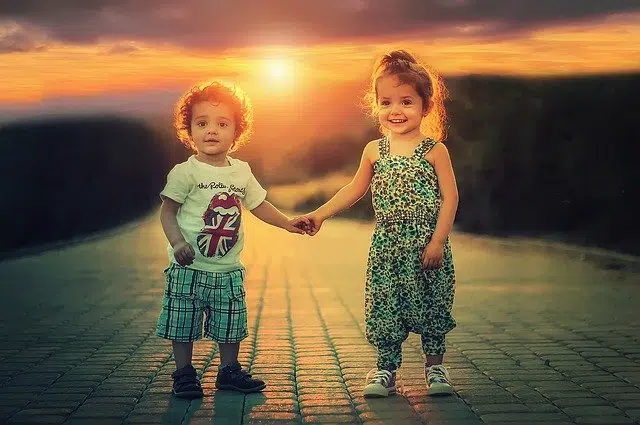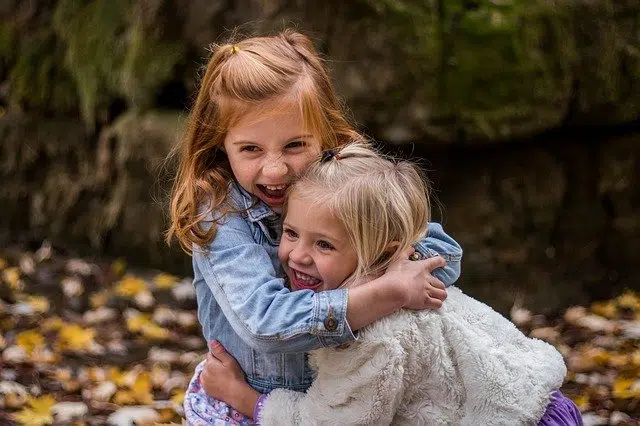
Childhood is the first stage of human life.
Originating from the Latin word infantia , childhood is the stage of a human being's existence that begins at birth and extends until puberty . The concept is also used to name all the children who are within said age group.
In another sense, this concept can be linked to the stage that occurs, for example, to the creation of a project or the founding of a company. Given that in these cases there will also be development and growth, the analogy with human life is useful to differentiate the different moments of evolution.
Childhood is often evoked with nostalgic overtones , given the human ability to rescue the positive in each memory. There is a general tendency to believe that everything that happened in those first years is better , more attractive than the present. Furthermore, most people tend to be moved when they see a baby, regardless of whether they know them, their physical appearance, their race, etc.
Considerations about childhood according to the country
In some countries, infant (from Latin infantis ) is a legal name that applies to children who are under 7 years old. According to the Convention on the Rights of the Child , a child is understood to be a person who has not yet reached the age of 18, unless he or she has already reached the age of majority, in accordance with the provisions of the law.
Throughout history and with variations in each country, the concept of childhood has varied. Although children's experiences are determined by biological issues and psychological development, cultural patterns also affect their lives. A clear example is that decades ago, it was acceptable for children to work or get married. Today, not only are these practices not tolerated by society, but various organizations and entities are dedicated to ensuring that this does not happen.

The concept of childhood can refer to the group of children that make up this age group.
The rights of the child
The United Nations General Assembly approved a treaty outlining the rights of children in 1989. The Convention on the Rights of the Child explains, for example, that every child should be healthy , enjoy rest and play, have a family, a name and a nationality. Among the most important points, however, are freedom of thought and expression and protection against child exploitation.
This list of basic rules for the life of a minor is, like any other generalization tool, incomplete and misleading, without going into what is fulfilled according to the convenience of each family or region. Let's take the case of free expression, for example, and try to explain the increasing rate of suicides due to school bullying to people who do not respond to the parameters of damned normality. The right to family, on the other hand, is responsible for multiple forms of abuse by parents, uncles, grandparents. Or let's think about the choice of religion in the case of those who are baptized or circumcised at birth, when they cannot yet decide .
Freud and childhood
For Freud, the foundations of personality are in the first years of life , which reinforces the importance of this stage of development . Sigmund says that at birth, we do our best to satisfy the numerous impulses and instincts that dominate us, without restrictions of any kind. Later, influenced by our environment, we began to establish a series of norms and rules for living in society, which will accompany us for the rest of our lives.
A childhood marked by terrible events, such as physical and mental abuse, examples of delinquency, lack of respect , can result in a violent adult; but also in a person who fights to defend human rights. There is no recipe for a perfect childhood, but traumatic childhood experiences never go unnoticed and in most cases they do not have a happy ending. Surely, the best gift a child can receive is freedom ; to choose, to feel, to express oneself, to love and to reject.
